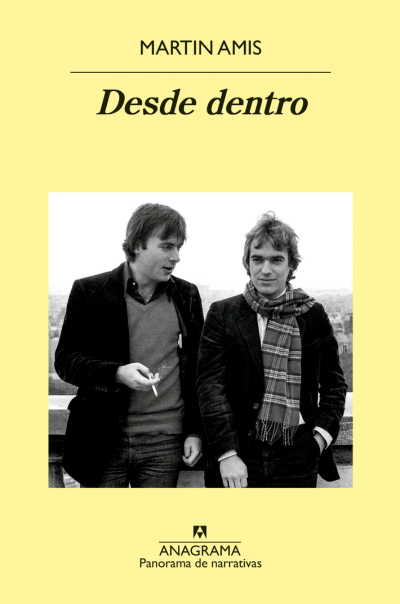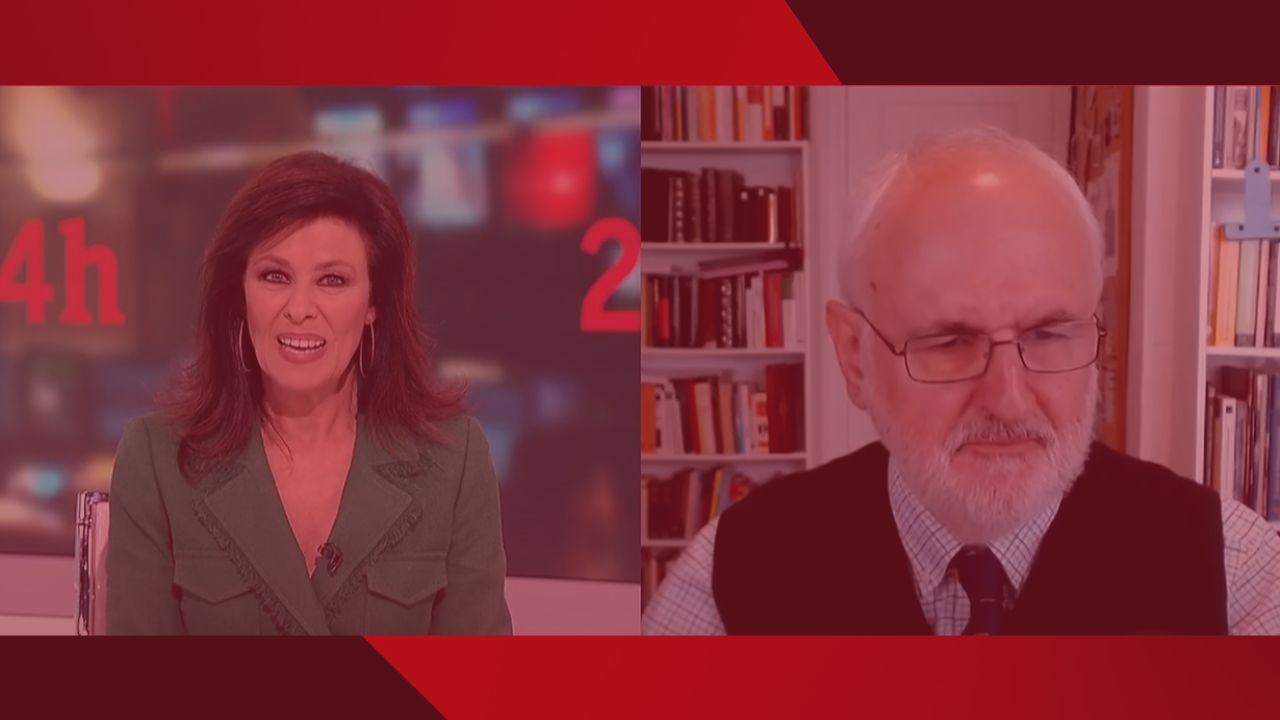In Latin America, there is an obsession in the political discourse for the role models, which leads to the almost systematic replication of laws, practices or public policies taken from other latitudes. Thus, whenever the feasibility of a given project is discussed, a comparative argument is usually used, based on the experience of a country with cultural similarities in which its functionality has been demonstrated. In the region, Uruguay, Costa Rica, Chile and Spain are the eternal references, each with their respective nuances. In the case of the last two, part of the success achieved is due to the ideology of, on the one hand, Jaime Guzmán Errazuriz, and, on the other, of the seven political fathers of the Spanish Constitution.
The former was a lawyer, academic and politician of the second half of the twentieth century, fairly unknown outside his native country, but whose life and work have had a tremendous impact in Chile and, to a lesser extent, in other Latin American countries. Not surprisingly, he is the prodigious mind behind the 1980 Constitution. Although everyone speaks of contemporary Chile as ‘the work of Pinochet and the Chicago Boys’, in reality, what matters the most are the ideas that were the foundation of the constitutional architecture, of which, in large part, are Guzmán’s. As for the seven politicians who, in Spain, integrated the Committee on Constitutional Affairs and Public Freedoms that drafted the draft of its 1978 Magna Carta, these were Gabriel Cisneros (UCD), Miguel Herrero (UCD), José Pedro Pérez-Llorca (UCD), Gregorio Peces-Barba (PSOE), Jordi Solé (PCE), Manuel Fraga (AP) and Miquel Roca (Pacte Democràtic per Catalunya). All of them have many points in common, such as a mixture of ordo-liberalism, Catholic social teaching and a patent influence on the work of the American author Michael Novak —in the case of Guzman.
Under these names, Chile and Spain have become the main references. Both countries have gone through democratization processes similar to those experienced, to a greater or lesser extent, by El Salvador or Guatemala. But, unlike them, and as a result of their good constitutional structure and the construction of a robust institutional framework, they have been able to reach levels of prosperity and peace that are not comparable to those of the problematic region of the Northern Triangle of Central America. Thus, the transition to democracy of both nations was characterized by the rush to get out of the darkness of two dictatorships, and, at the same time, by the need to build a solid institutional framework that would guarantee peace and economic development. To meet these objectives, the constitutional framework had to be established under a number of principles. Mainly: (i) Subsidiarity, specifically mentioned in the Chilean constitutional text, which reads “the State recognizes and protects intermediate groups through which society is organized and structured and guarantees them adequate autonomy to fulfill their own ends ”(Art. 1, section 3, Chilean Constitution); (ii) the constitutionality control model (Art. 81 Political Constitution of the Republic of Chile and 159 Spanish Constitution); and (iii) the bicameral system/special majorities (Arts. 66 CE and 42 CPRC).
These are expressions of basic ideas for the construction of an authentic democratic regime. The first principle, for the explicit recognition of the importance of civil society in the fulfillment of goals related to the common good. Regarding the second principle, it is important because the strength of the a liberal democracy lies in the fact that its courts of justice are impartial and independent, especially those in charge of defending the constitutional order. As for the third, because the legislative process makes politicians and political parties reach consensus for the effective enactment of new laws and provisions, and at the same time, serves as a measure to combat excess of legislation.
As a result, both Guzmán and the founding fathers of the Spanish Magna Carta had sufficient clarity of ideas about the nuclear purpose of a Constitution: the limitation of political power. Thus, they understood the actions of the State in a subsidiary code, understanding this principle integrally, that is, both in its negative and positive aspects. In addition, they opted for the establishment of a Court of exclusive jurisdiction, which was responsible for the defense of the Constitution —with a model of limited protection and of medium complexity. Finally, they designed a bicameral parliamentary gear, strengthened by a system of special majorities depending on the legislative matter to be discussed.
Both the Chilean, Guzman, and the seven fathers of the Spanish Magna Carta were clear that a constitution should limit political power
The three points in common of these two successful models allow a discussion to be put on the table that raises questions of fundamental relevance: are the seven political fathers of the Spanish Constitution, who wrote a social pact to live in peace, the model to follow? Was Jaime Guzmán, sheltered by the Ortúzar Commission, designated by General Pinochet, a guarantee of ideological integrity and rigor in his knowledge of constitutional architecture? Are the best constitutions the result of consensus or is a commandment preferable under authoritarian protection? Which model presents more risks or more advantages?
In the end, it should be noted that the ideas of a Chilean lawyer, with large glasses and admirable discipline, marked the course of an entire nation and the lives of millions of people in recent decades. Similar reality to that of the amalgam contained in the 1978 Spanish Constitution. Spain and Chile are thus instituted as references of things well done: by their exemplary transition to democracy —they are among the thirty fullest democracies in the world, according to the Democracy Index of The Economist Intelligence Unit, and improve their score every year in the Index of Democratic Quality—, their enviable social indicators, and their robust rule of law.
Behind the good progress of a nation there are always the foundations of good institutions. And a good constitution is made by the right ideas —from which correlative consequences derive—, from people like Guzmán, who convinced his peers, or as the seven founding fathers of the Spanish Constitution. All of them, at the right time, changed the course of their respective homelands.






